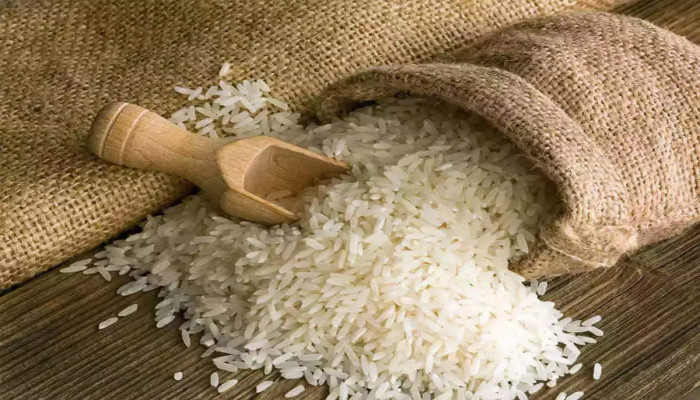Centre imposes 20% Export duty on parboiled rice
- In Reports
- 12:44 PM, Aug 26, 2023
- Myind Staff
The Union government of India has swiftly imposed a 20% duty on the exports of parboiled rice, effective immediately. This decision, as stated in an official notification, extends the array of restrictions on the overseas shipment of cereals, a response to the ongoing surge in domestic prices. This measure aims to tackle the escalating prices within the country by curbing international sales of this variety of rice.
As the world's foremost grain exporter, India had already halted the export of white rice on July 20. This action led to a remarkable upswing in global prices, registering a 12-year peak on the Food and Agriculture Organization's (FAO) rice price index. The latest imposition of limitations on the export of parboiled rice is anticipated to exert additional upward pressure on global prices.
The newly introduced tariff on parboiled rice is poised to render the commodity more expensive for foreign buyers, thereby constraining its international demand and augmenting its availability within the domestic market. Interestingly, the earlier prohibition on common grades of rice had prompted a surge in the overseas shipment of the parboiled variant.
The government's current strategy involves the implementation of a comprehensive set of export constraints targeting various cereals. These restrictions come in the wake of elevated food inflation, which surged by a notable 11% in July. The broader context is marked by an overall consumer inflation rate that spiked to a 15-month high of 7.44%.
In May 2022, India had already imposed a ban on wheat exports due to a diminished crop yield caused by an extreme heat wave. This year, the central government has remained committed to reinforcing domestic food reserves due to apprehensions surrounding an erratic monsoon season, potentially influenced by the El Nino weather phenomenon. El Nino, characterized by heightened ocean temperatures, often leads to drought conditions by suppressing the monsoon rains.
The multifaceted approach to manage cereal inflation consists of export halts and the release of stocks from state-controlled granaries. A noteworthy instance occurred on August 8 when the Centre announced the release of an additional five million tonnes of wheat and 2.5 million tonnes of rice through auctions.
Furthermore, a decision was made to reduce the reserve price of rice from ₹31 per kilogram to ₹29 per kilogram, with the intention of enhancing trade uptake.
Dharmakirti Joshi, the chief economist at Crisil Ltd, highlighted that the current concern regarding food inflation arises from excessive rain-induced damage to vegetables. He emphasized the vulnerability of pulse crops based on prevailing production trends.
Image source: HT







Comments